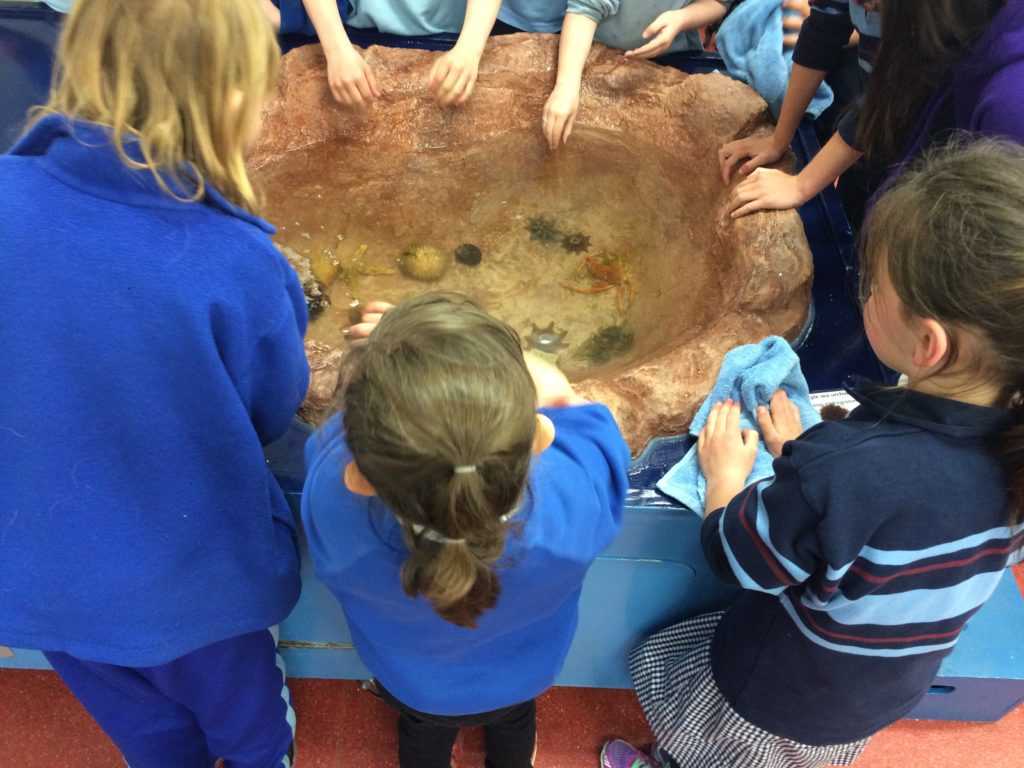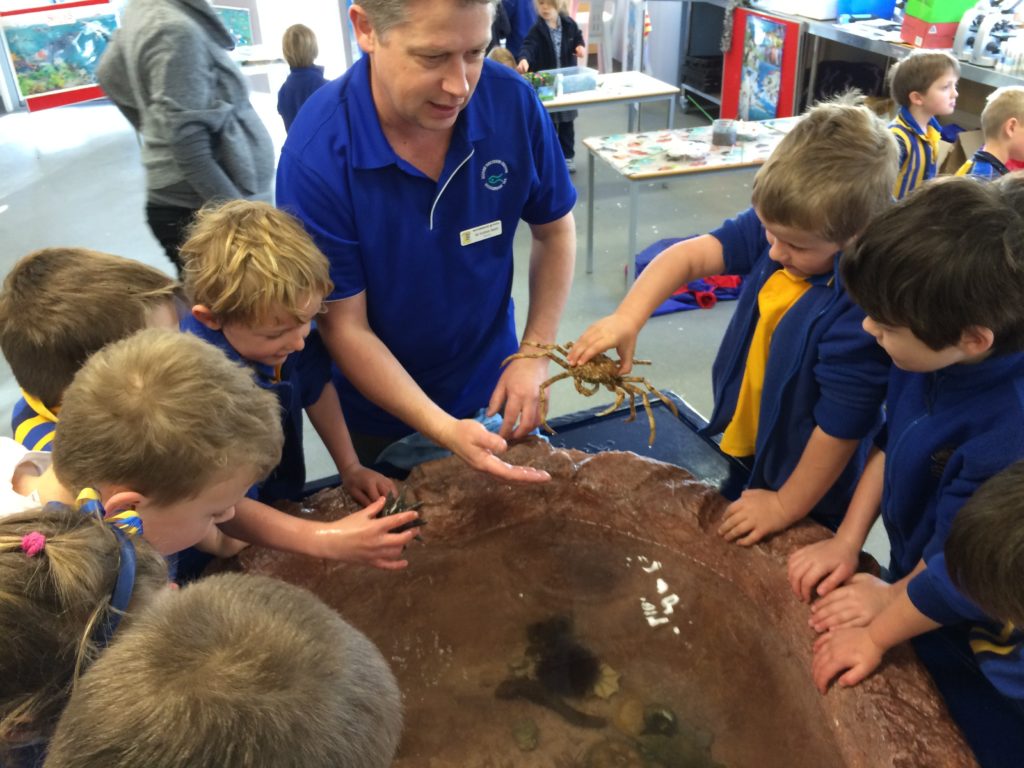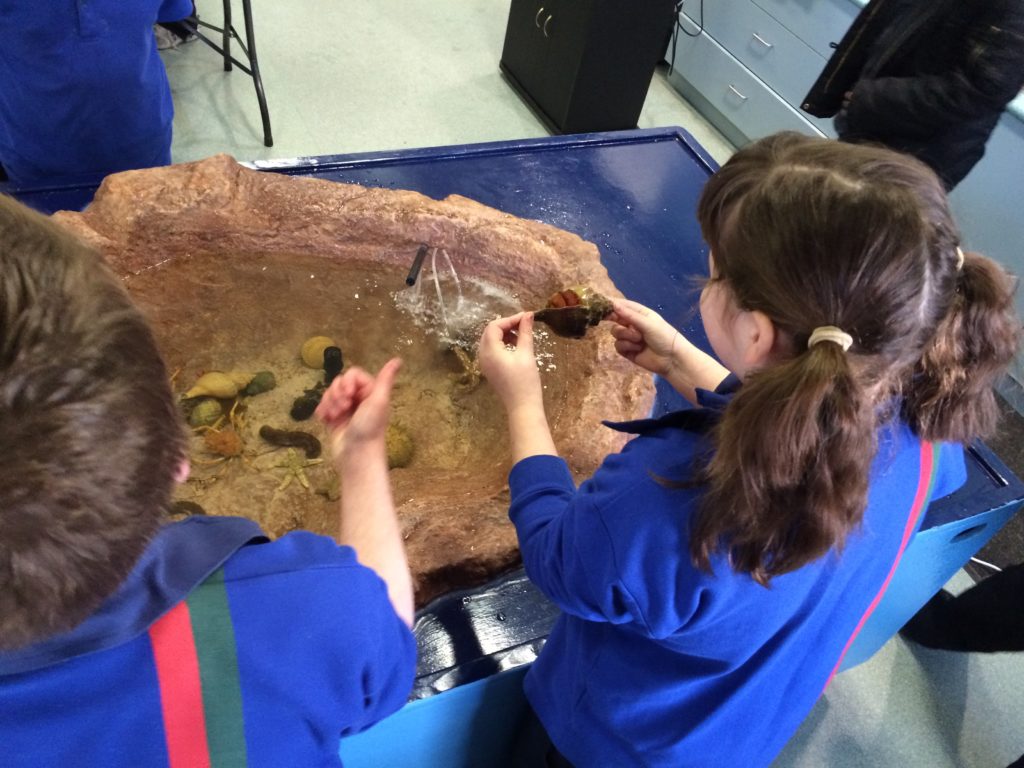Foundation for Rural & Regional Renewal (FRRR)
Merrigum Primary School is a rural Victorian primary school with a small number of staff and students. The school is committed to building school capacity to provide students with educational opportunities through enhanced, personalised learning.
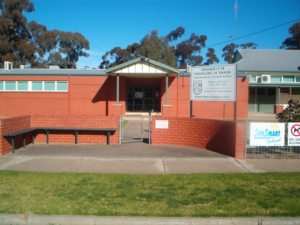
Many Merrigum Primary Students come from diverse backgrounds and some require additional learning support – something that the school community strives to provide them with. One of the areas where the school wanted to offer more support was music activities and education for the pupils.
In partnership with Merrigum Primary School, The Song Room, an organisation that delivers integrated music and art lessons in school delivered a six-month music program to students from Foundation to Year 6, working alongside their classroom teachers. The program was possible with thanks to a $7,500 REAPing Rewards grant.
Students greatly enjoyed the program and looked forward to their music lessons. Caitlyn Trotter, who led the program for students, told FRRR that the children responded well to all the activities.
“By the end of the lesson, they understood the basic (musical) terms. The children enjoyed being able to work together as a class and loved that they got to play an instrument as part of a song. This was always thoroughly enjoyed.”
This was reflected in the feedback from teachers, Belinda and Judi who reported that “The sessions were very well planned and built sequentially week after week to offer students the opportunity to develop skills at a targeted pace. The students had a lot of fun, and even some of the more reluctant musos were looking forward to class by the end of it.”
As part of the program, The Song Room also facilitated professional development lessons for the teachers, so that the music program could continue well beyond the formal end of The Song Room’s time at the school. Teachers were given lessons plans, games and instructions on how to facilitate music classes in a way that supports the current curriculum. Merrigum Primary School now also has ongoing access to more than 1,000 hours of online video resources from The Song Room to assist with planning and developing arts curriculum for students in the future.
More than 580 students in regional and rural Tasmania have reaped the rewards of a $5,000 grant received by the Woodbridge School and Marine Discovery Centre (MDC).
Woodbridge School & Marine Discovery Centre began operations in 1979 as a federally funded marine education facility. Its mission is to challenge students of all ages to learn, discover and care for the marine environment through diverse sea and shore based programs. Since 1997, it has been managed as part of Woodbridge School. All programs focus on practical, hands on experience which are linked directly to the curriculum. The organisation employs teaching staff (through Woodbridge School), a Ship Master, Education Facility Attendant and Admin Assistant.
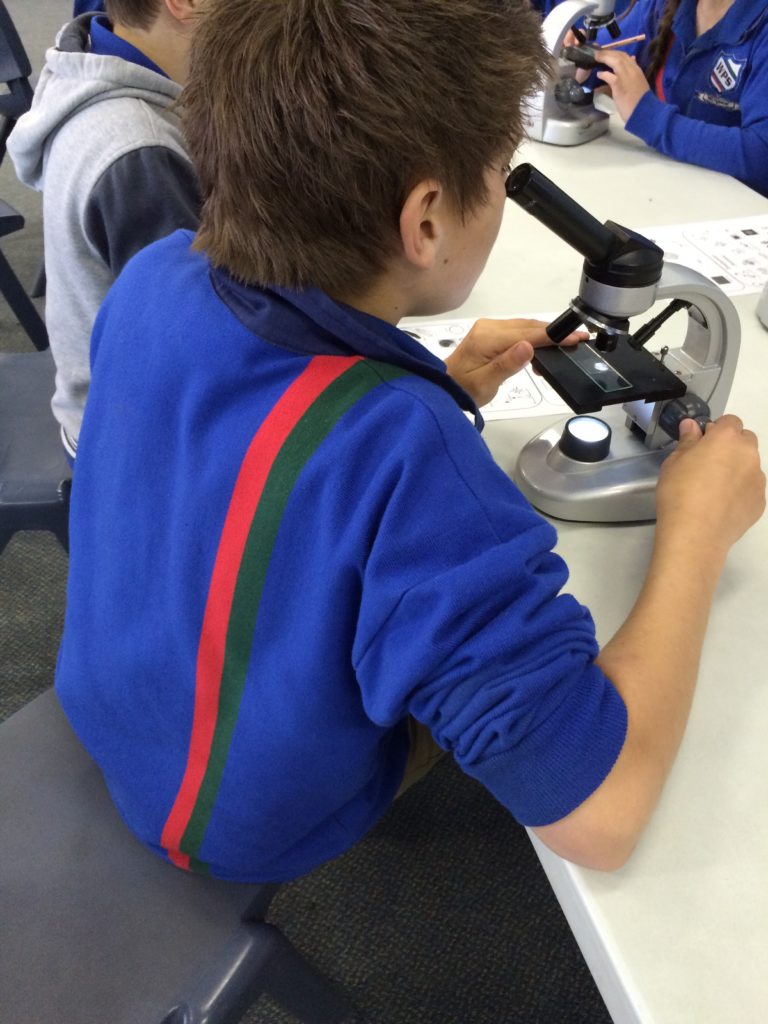
Throughout the period February to September 2015, MDC teacher Andrew Walsh travelled more than 2100 km taking the roadshow to five primary schools and one secondary school, enabling 583 students to engage in hands-on marine science activities that are linked to the Australian Science Curriculum.The MDC was wanting to upgrade and expand the outreach of their travel program. They contacted a number of rural Tasmanian schools who had not participated either in the travel program or visited the centre before, to gauge their interest in having the MDC marine discovery incursion at those schools, and the response was positive. The REAPing Rewards grant, funded by the Ian Potter Foundation, covered travel expenses of the MDC’s teacher, the purchase of resources such as ice boxes and aerators to safely transport live touch tank animals, and a flat screen display to support the classroom presentation. The funds were also used to maintain the (sometimes leaky!) purpose-built touch tank constructed by MDC for travelling that contains a circulating filter pump and chiller.
MDC’s travelling roadshow a success
For each school visit, a day of packing at the MDC beforehand, and day of unpacking afterwards was required, in addition to the days of teaching at the school. Each class in the schools were given a block of time, around 1.5 hours, to spend in the MDC travel classroom. Activities included studying external invertebrate features and marine food webs, classifying animals, understanding marine pollution, and associated art activities.
The project was definitely a success in terms of demonstrating to, and impressing, the teachers as to the value of the program, as well as engaging many students who may not have had opportunities to have practical, hands on experiences to learn about marine ecosystems.
Principal of South Arm Primary School, Christine Farnell, said that it was a fantastic experience for their students, who especially loved examining the plankton under the microscopes and exploring the touch tank.
“Due to our distance from Woodbridge we are unable to make use of the Marine Discovery Centre, as the cost of buses and time for travelling impact us enormously, so without you and the FRRR grant this is an experience that our students would have missed. Thank you very much for your time and effort.”

